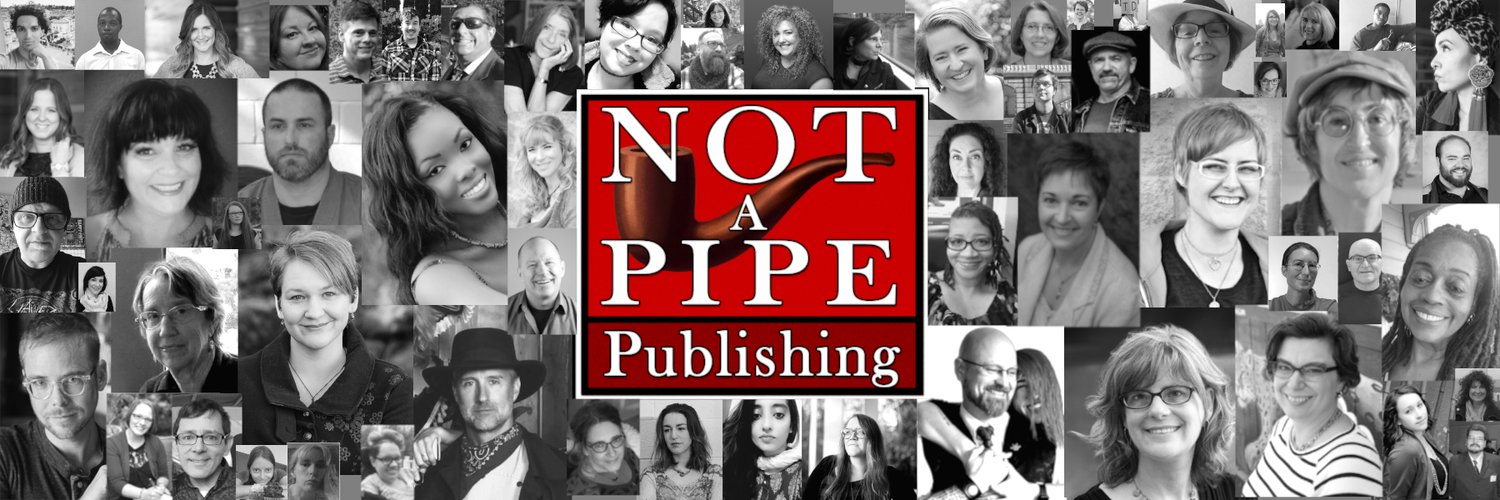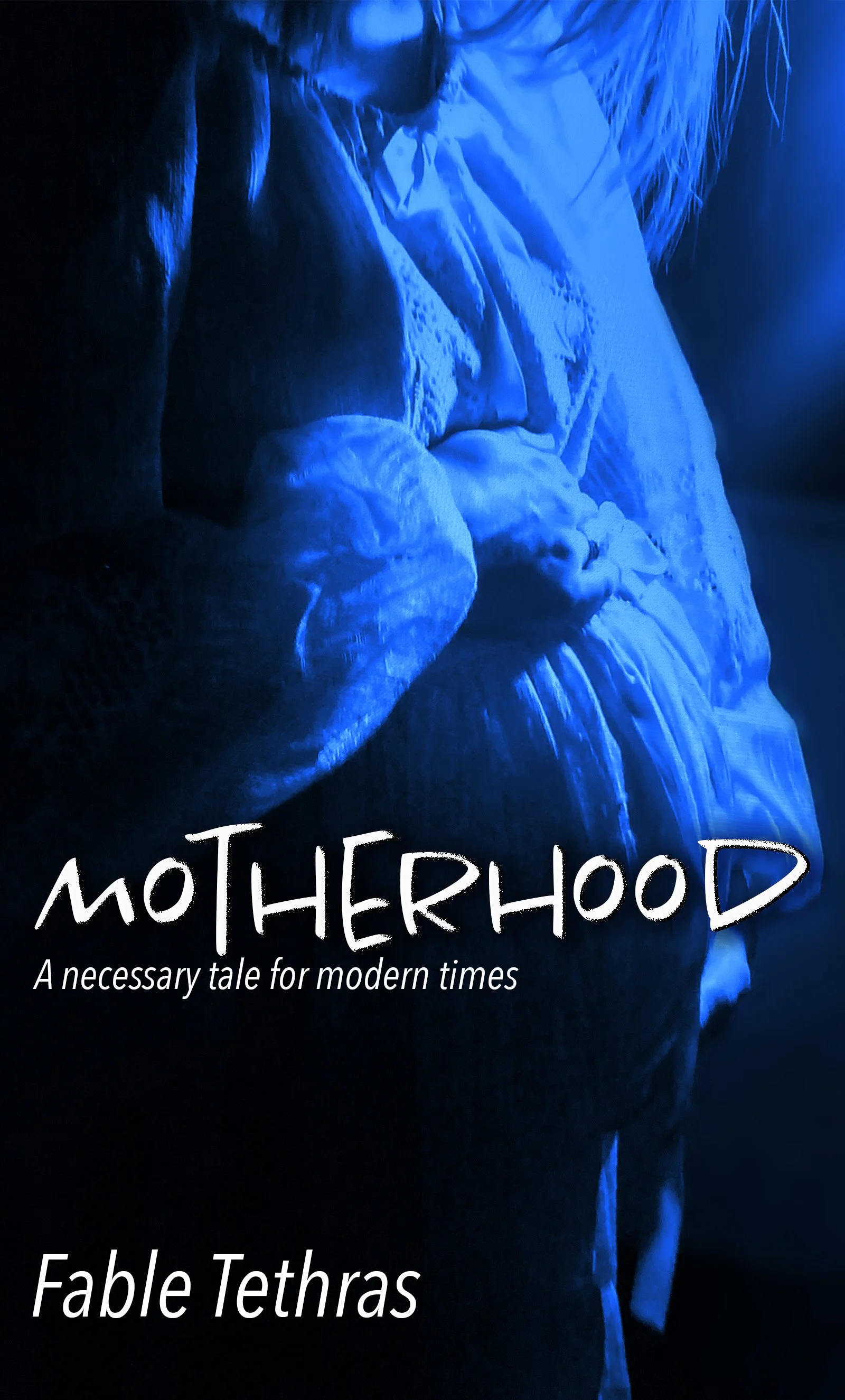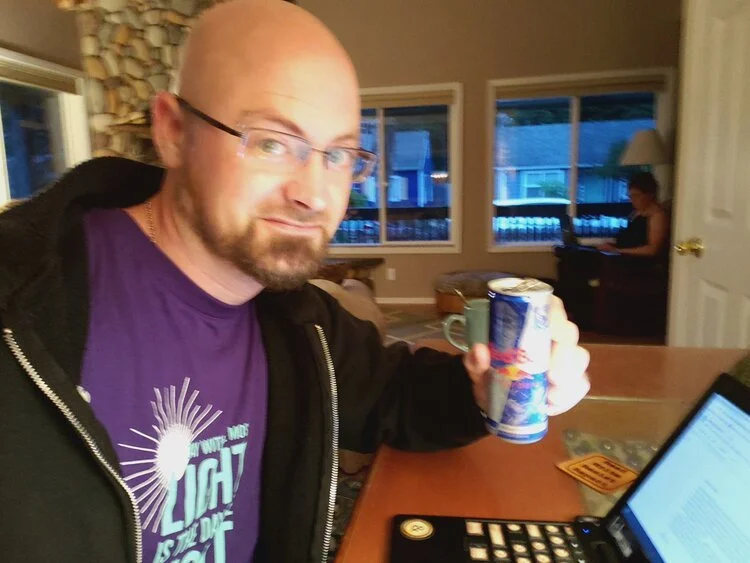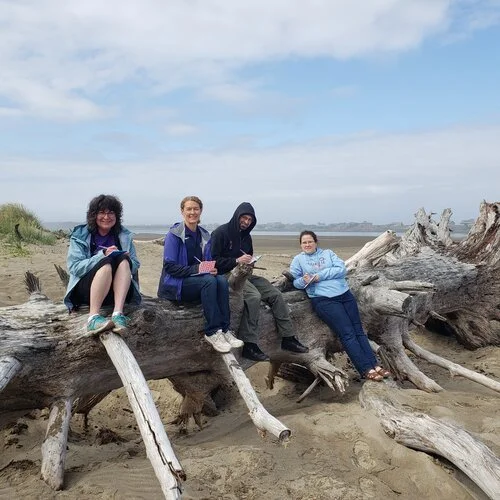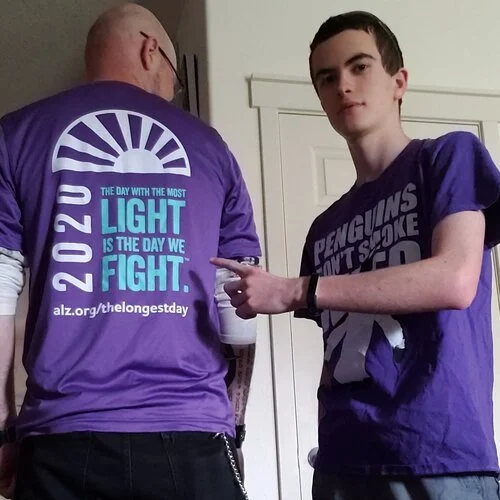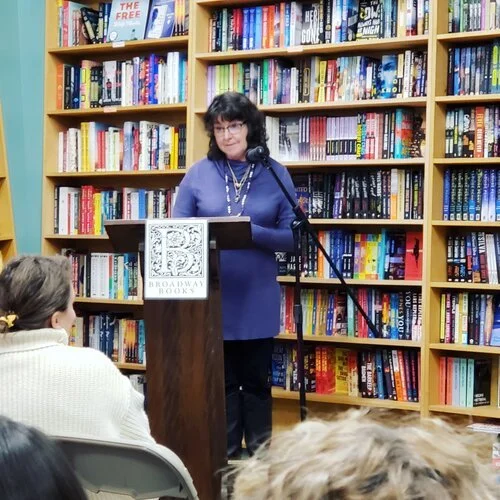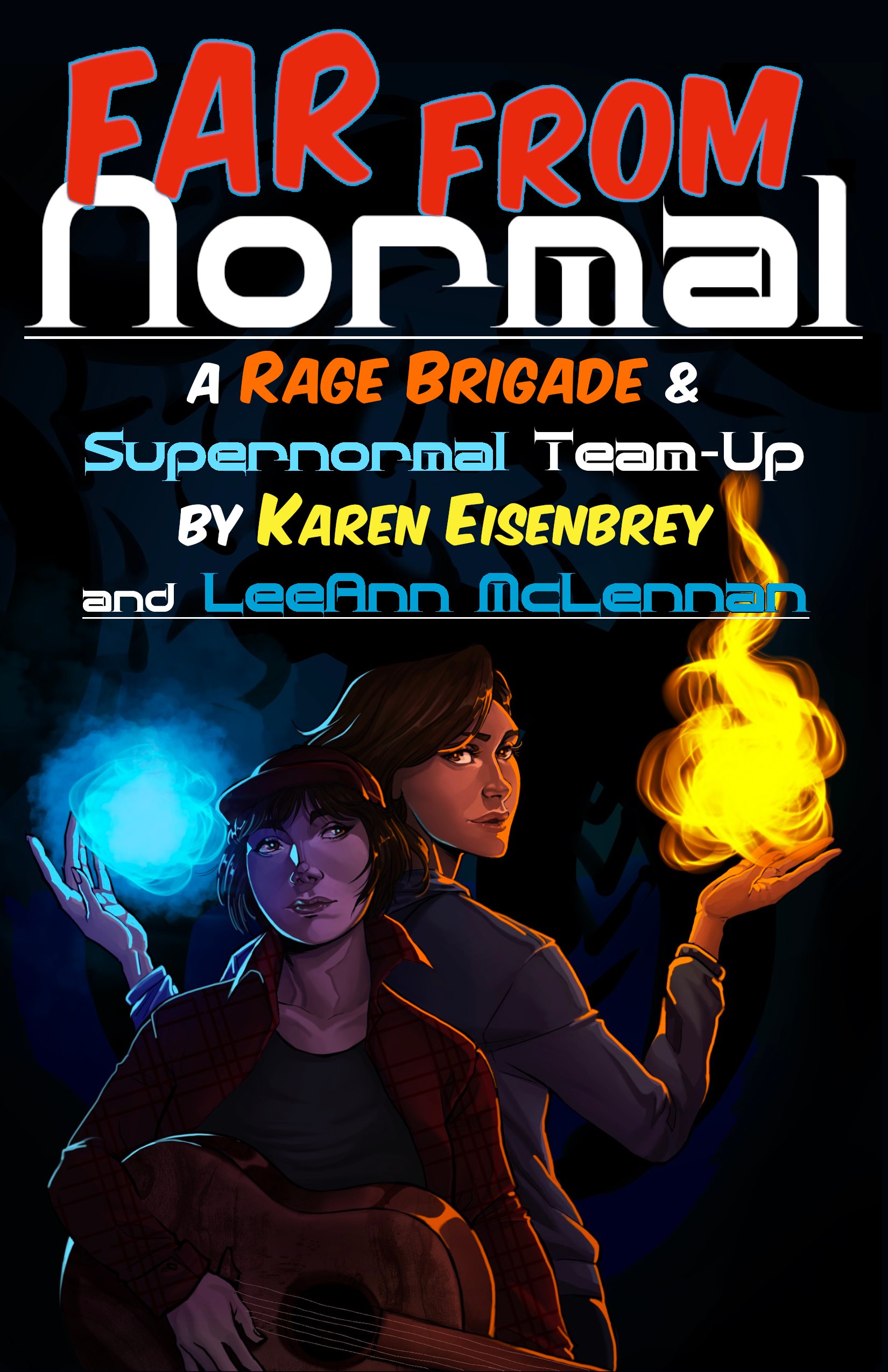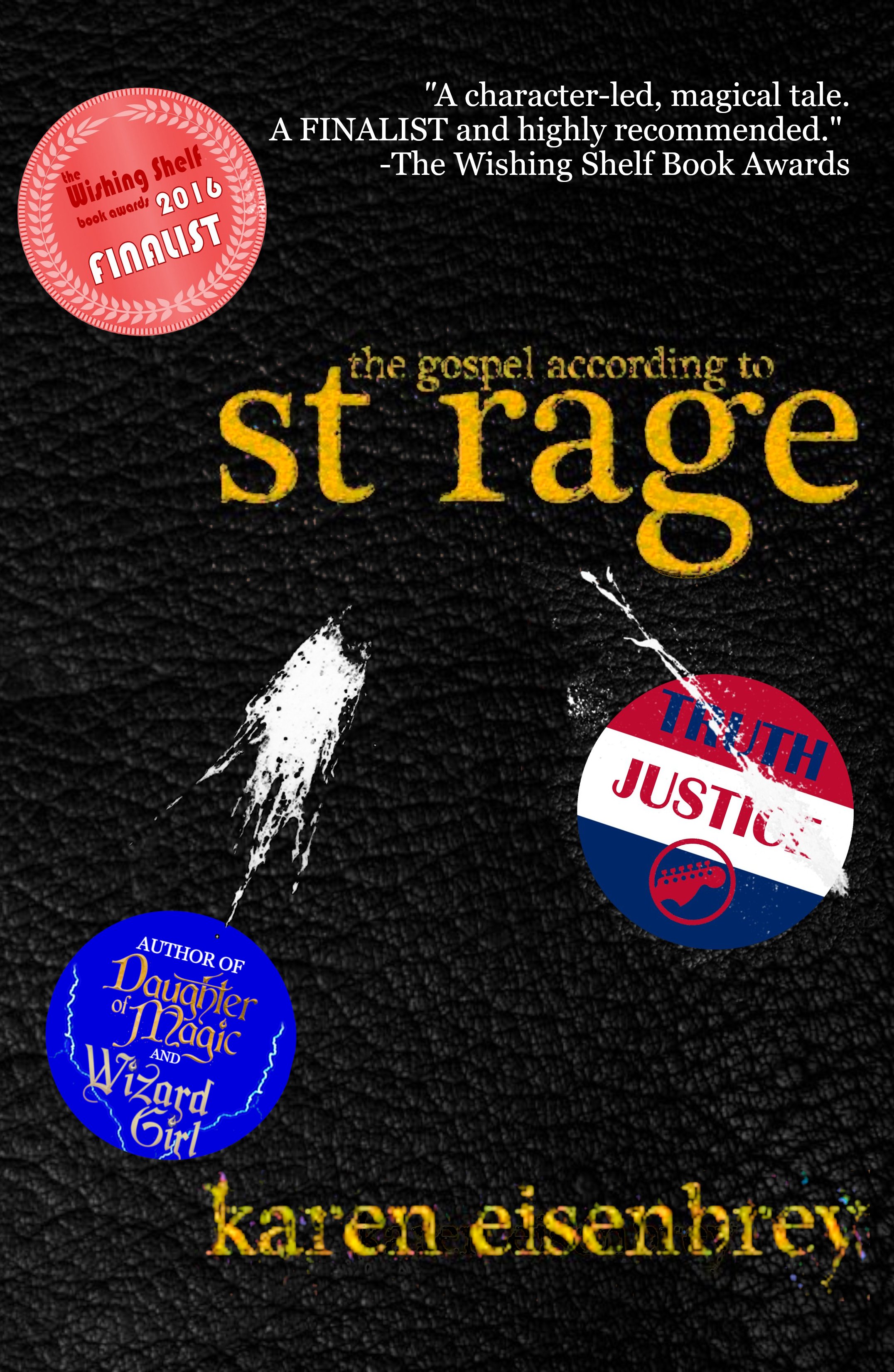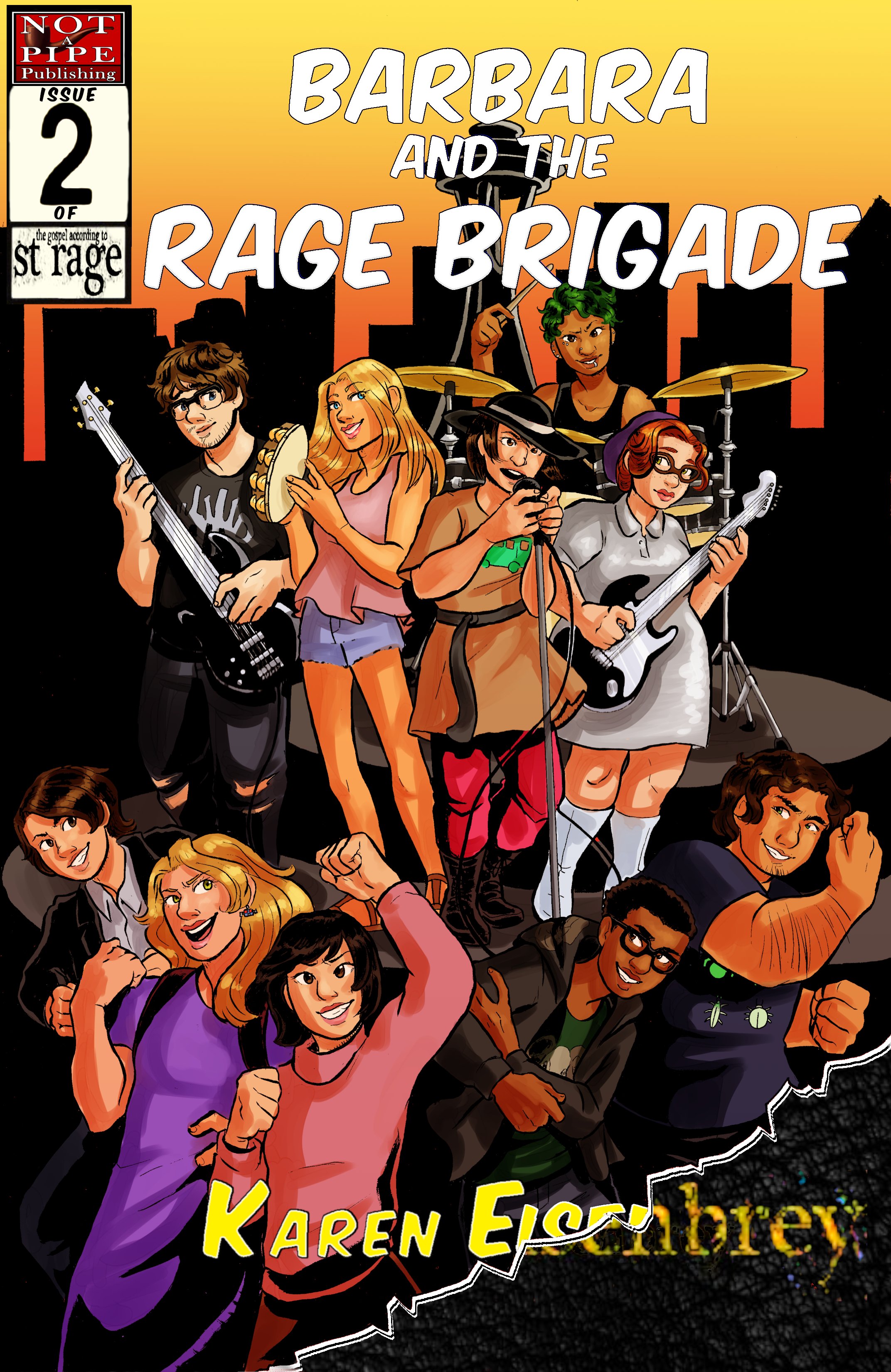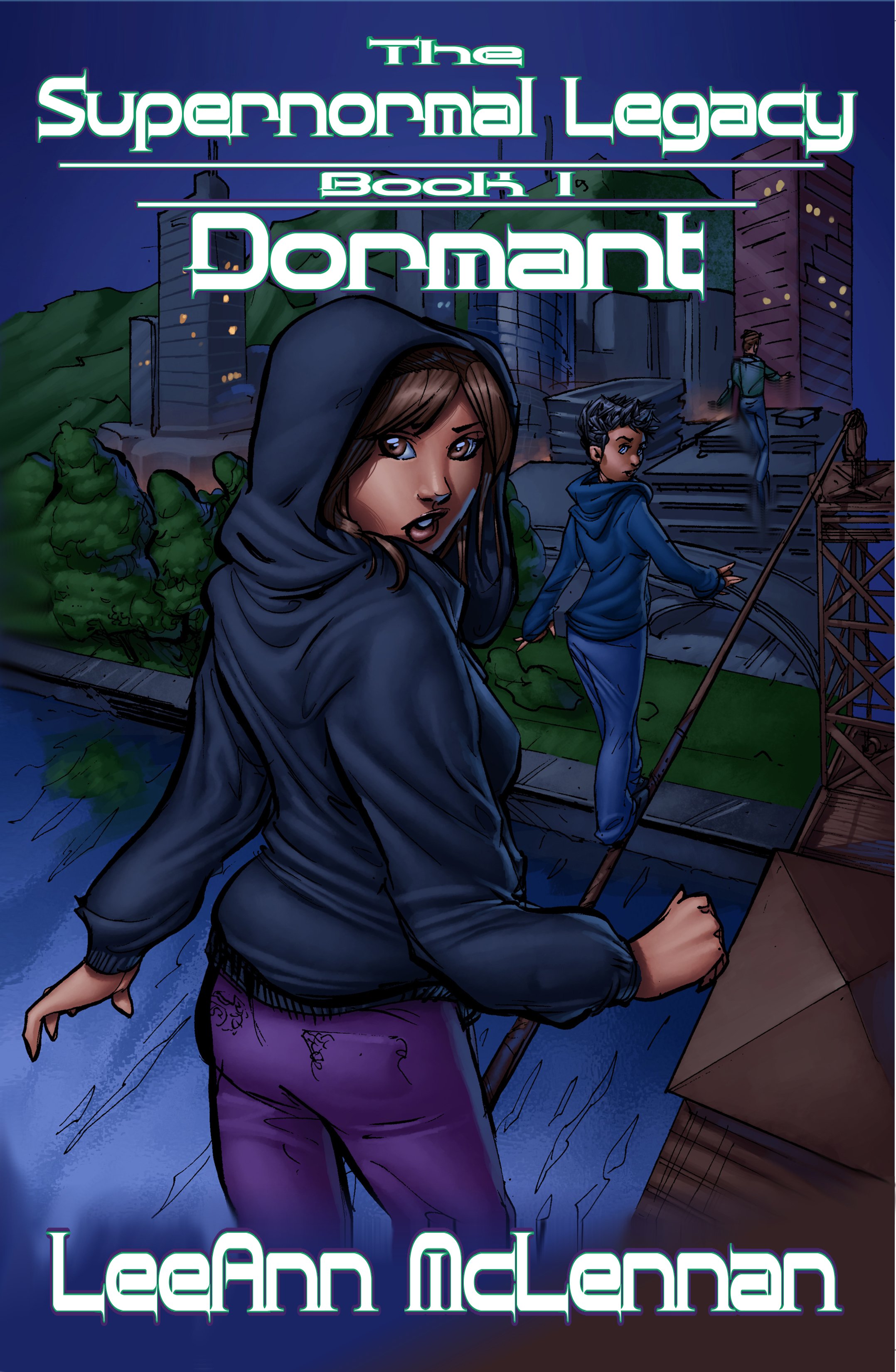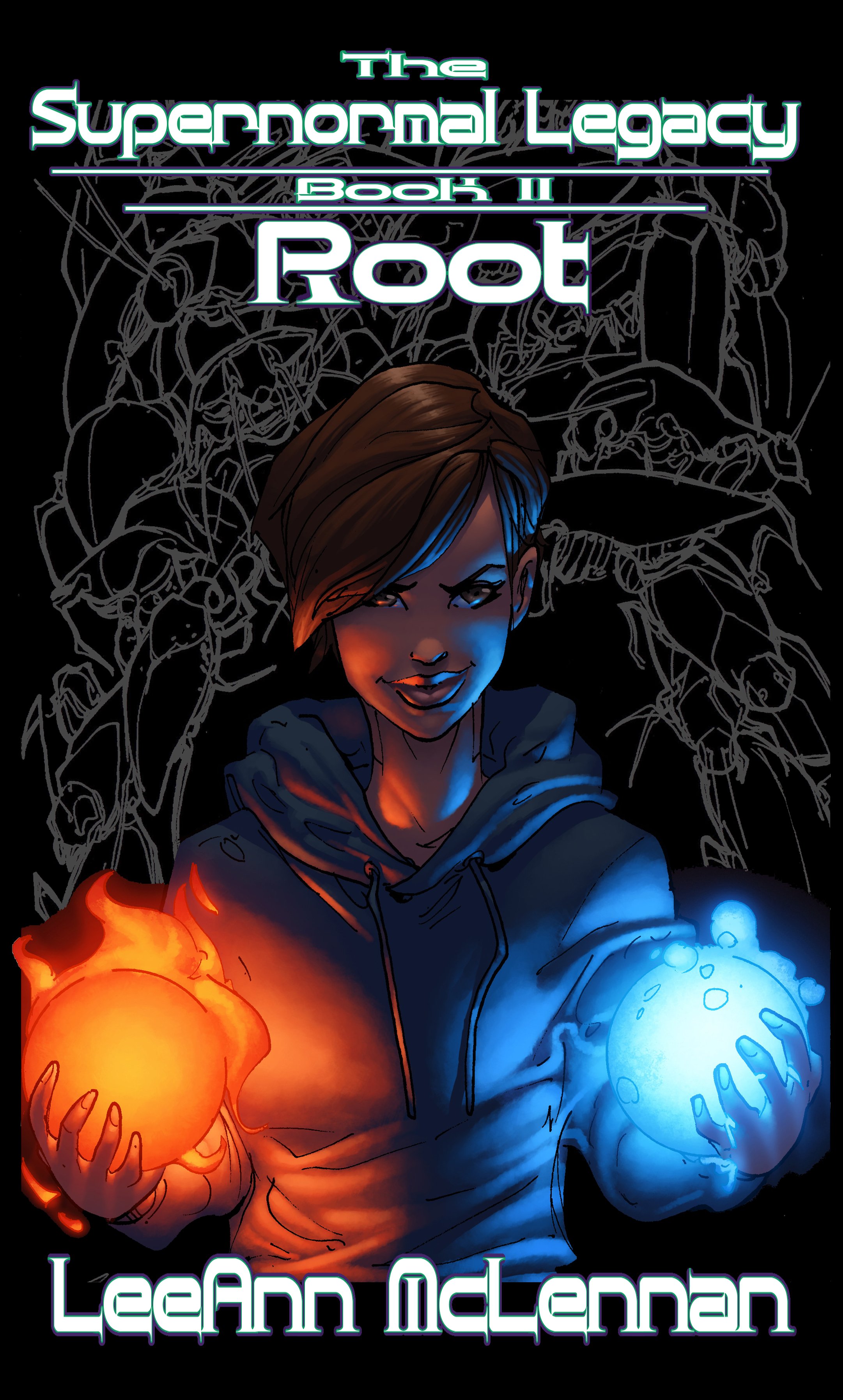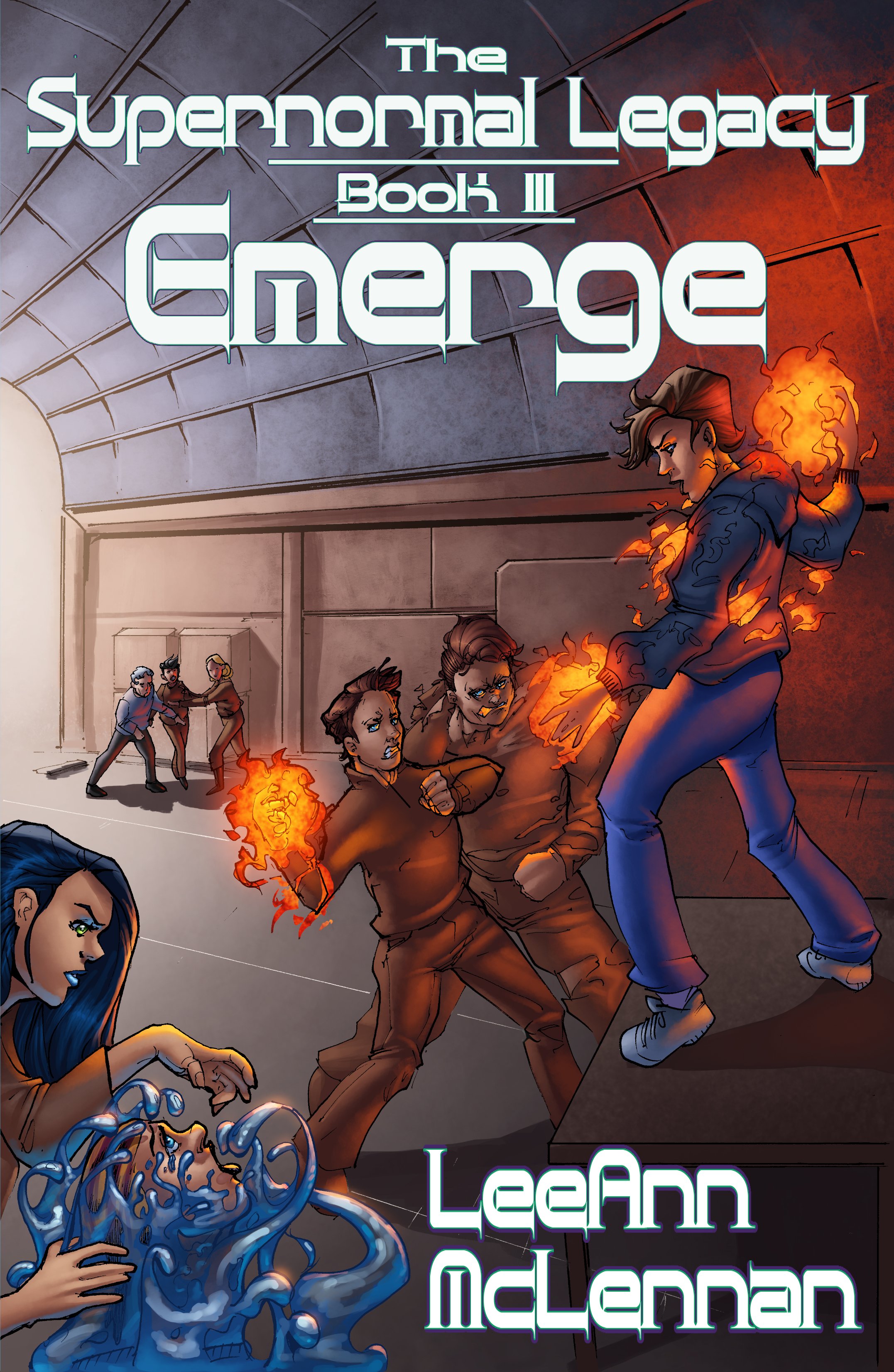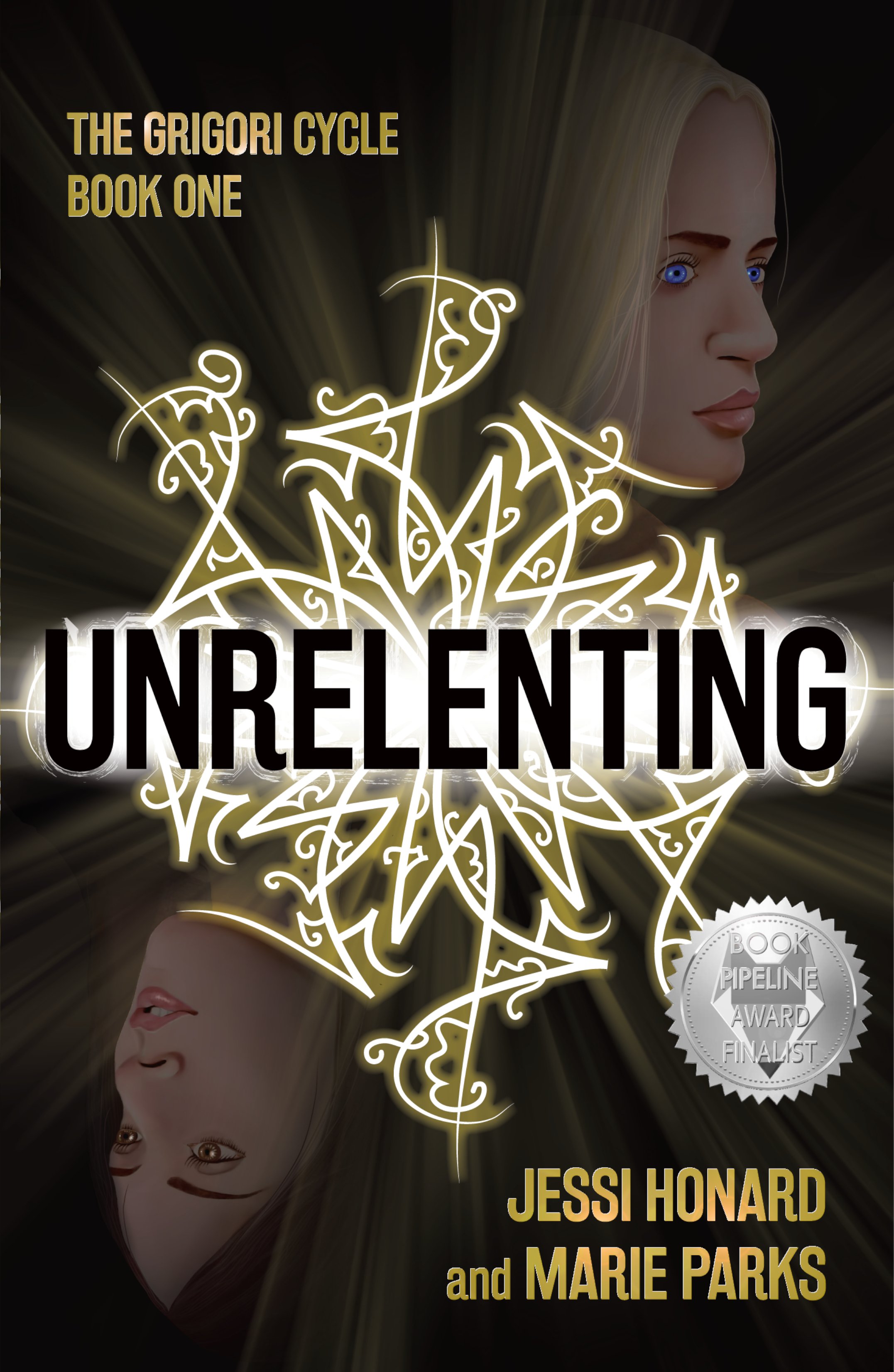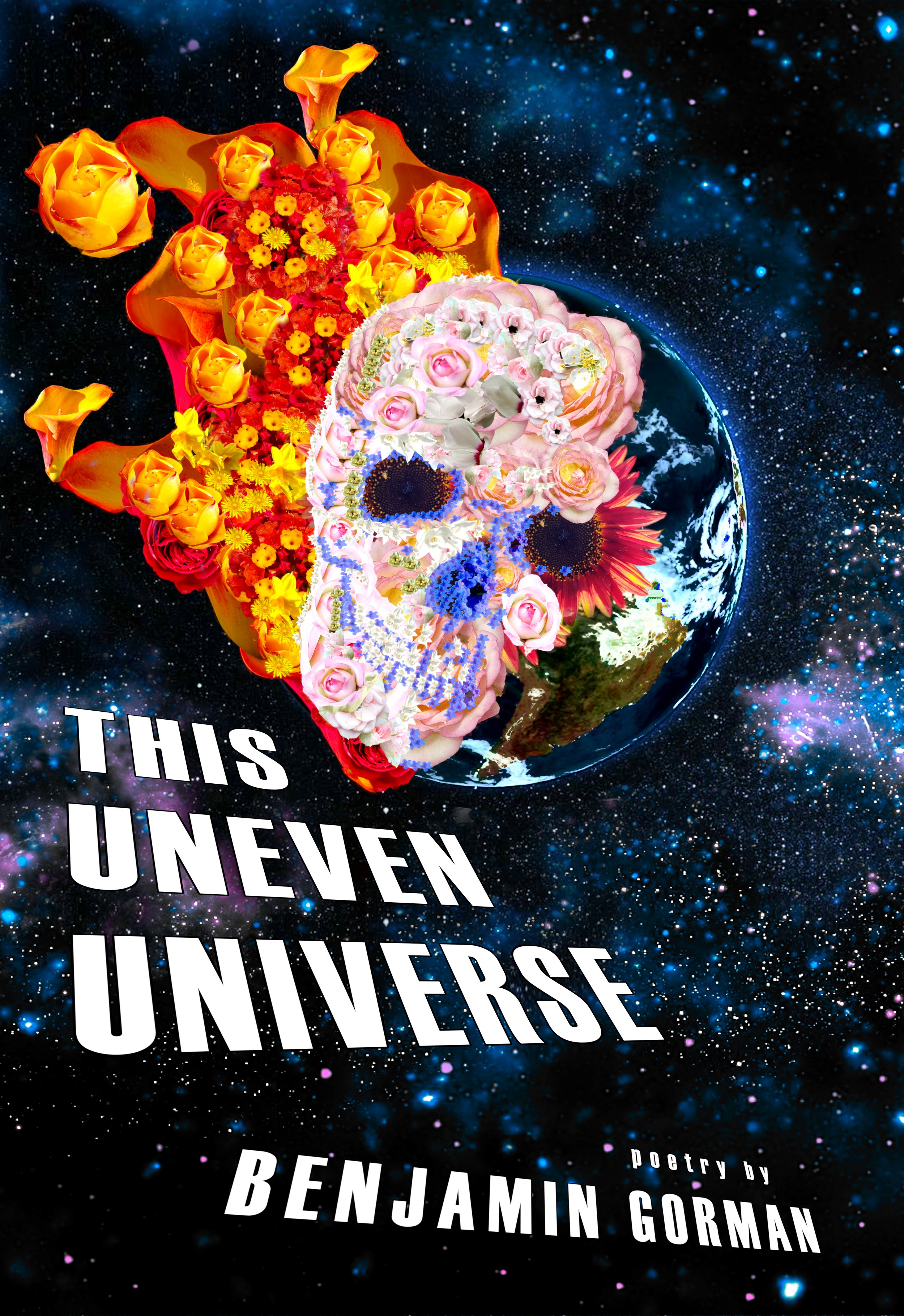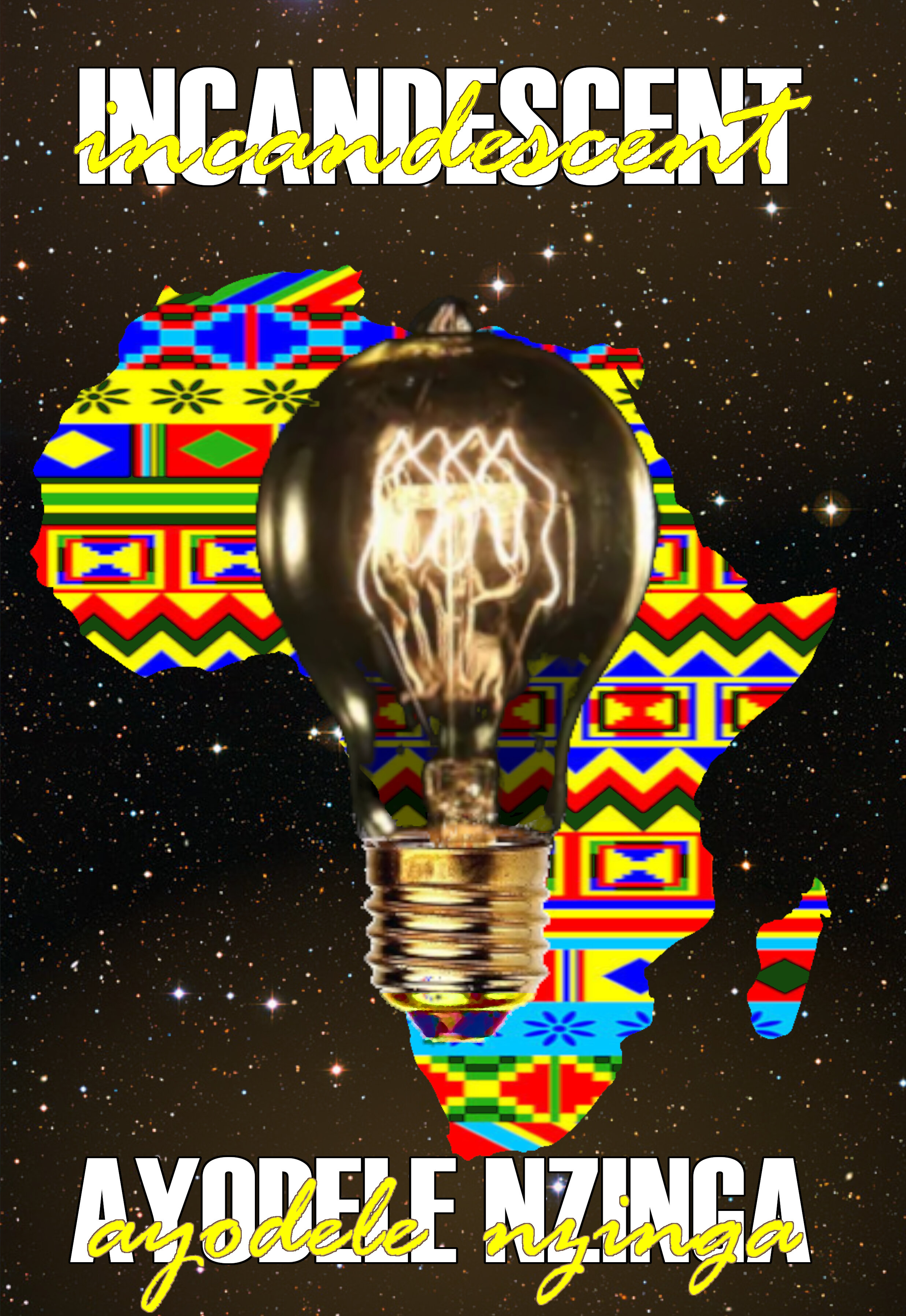Burnt and bloodied, my heart raced faster than my legs. I sprinted after the other women, down the long, dark, briny tunnel. Our heavy breathing and unsteady footfall; the only sounds I heard beyond the pounding of the blood rushing through my skull. Darkness pushed in at every angle, threatening to steal the others if I fell too far behind.
Focus. Do you want to lose them? To be alone … here?
The logical part of my brain demanded attentiveness. An alertness necessitated by survival. But another part battled for an awareness of the improbability of our situation. And, with it, a new weariness seeped into my already exhausted body.
This doesn’t make sense. This can’t actually be happening. Not here. Not now. Not like this –
“It’s not much further. Hurry. We can’t afford to slow down. We’re close.” A curt female voice, rough, edgy.
The taller one … is she the research development scientist or the naval engineer? I couldn’t remember. Think, my brain insisted. She’s the one who–
Abruptly, the woman in front of me stopped, causing me to step to the side of her and smack my shoulder into a slick wall. Turning to say something, I hesitated, seeing a door that one of the other women was unlocking.
“Liz, hurry.”
“I am. Stay back. It’s stuck or something. I–”
A sharp clicking sound interrupted her sentence, and she jerked it open.
I felt a presence next to me before I recognized the dark figure. Zeva.
“I don’t like this,” she whispered in my ear. “I’m not sure I believe them. I mean, we don’t really know for sure what’s happening out there.” I felt the tension in her voice, and couldn’t say I didn’t share the concern. But the logical side kicked back in.
“We need to–”
A hand on my shoulder caused me to hesitate and turn.
Shae’s voice, gruff, shaky. “How could this–”
“This way. Move. I’m locking this door behind us. We have to get to the next one quickly.” Another voice. Or was it the one from before? I couldn’t remember. I needed to slow down, to stop, to think….
But we moved through the door. I glanced back behind me, where I thought Shae would be. But I couldn’t tell if she was there. With the door closed, this new area was even darker. I opened my mouth to say more, but then we kept moving at a speed that once again forced me to focus on my footing, leaving no opportunity to speak.
***
Less than an hour ago, I’d been laughing, talking, enjoying coffee and cookies with my friends. It already seemed like a different lifetime.
My mind flashed back to earlier in the day. The First Annual National Women’s STEM Symposium. A nation-wide event that had brought together the most brilliant female minds in science, technology, engineering, and mathematics: the leading scientists, mathematicians, computer programmers, physicians, research analysts … and teachers of STEM subjects in schools across the country. Thousands of women with these incredible minds, gathered in twenty cities across our nation. Same day, corresponding times. All with one focus. How we, as women, could set the example for our daughters, for the next generation of females: fierce intelligence, confident enthusiasm, overwhelming passion. Over five million women. We would change the world.
My school district had sent all of us – state and federal monies had covered the cost. We were ecstatic to be chosen to attend. Twenty-six secondary female educators. Science, math, technology, and technical careers teachers. I’d volunteered to complete the application.
Had it just been yesterday that we’d all flown in together? Checked into our hotel? Drank a glass of wine, sharing what only women can share when they celebrate their common bond?
“Keep close. This section splits off multiple times. We don’t want to lose any of you.” The curt voice again.
I stumbled slightly. Regained my footing quickly. Focus. This isn’t the time to reminisce. My logical side working to take back control.
“You okay?” Amina’s voice, just in front of me. Concerned, she must have heard the stagger in my steps.
“Fine. Keep going.” My voice sounded so assured. So confident. So certain that we were doing the right thing. After all, they were only here because of me. Because I had talked them into taking a “little side venture” with me. I always knew what I was doing … shit, what had I gotten us into?
Talking them into “sneaking out” with me hadn’t been difficult. I mean, I had proposed an hour or two away from the conference, a few miles down the road, just enough time to check out a book signing at a small local bookstore, and then back to the conference. No one would ever know we were gone. We would arrive back just before the big presentation, the one where the twenty women from each of the conference locations would all simultaneously be on the big screens as one panel, speaking to the work that women could do, and needed to do, in our country today. It would be about our contributions, our steps, our leadership.
Zeva had been all in. Books were her thing. Shae and Amina had also agreed, ready to take a break from the intensity of conference classes. Mifawny joined at the last minute. I had our route planned out. It felt a bit like “Mission Impossible,” sneaking past conference attendants, down deserted hallways, through a back door of the enormous stadium. Then, it was just us. Laughing, walking, joking, commenting on the beauty of the night.
As promised, the signing ended on time. With a wink, I told my friends we might even have a minute to buy a drink on our way back. Zeva pursed her lips, reminding us we needed to be back for the presentation. That it was what we were really here for. We each took out our conference identification lanyards, putting them back on. The party would have to be postponed.
But it never happened.
As we waited for our ride to arrive, a massive explosion rocked the world around us. One second we were laughing and talking, the next we were lying haphazardly on the ground, strewn like paper dolls caught up by the wind. I sat up first, ears ringing, black spots floating through my vision. Slowly, I identified the others. Mifawny had blood trickling down her face from somewhere in her hairline. Shae was checking on Amina, the two huddled close together. Zeva’s eyes caught mine with a bewildered look. For a moment, we simply stayed like that.
Then the sirens and lights broke through into my clouded mind.
“What the hell just happened?” Zeva said, standing shakily, leaning to help Mifawny up.
“Oh, my god.” It was Shae’s voice. I turned and it was gone.
The immense stadium full of all those incredible female minds: my friends, my colleagues, my heroes. Those we had left behind… all gone.
Suddenly, there were people everywhere. We pushed back toward the stadium on foot. Together but silent. Looking for those we knew in our hearts we wouldn’t find. From time to time our eyes locked, but the words never came. So, we simply pressed on.
About a half mile from the stadium, we were stopped. Barricades were already being set up. Emergency personnel looking for “survivors.”
I felt my throat catch as I stared past an officer. There weren’t going to be any survivors. It was utter devastation. If I hadn’t tasted the ash, smelled the smoke, and felt the heat, I would have thought it was a scene from a movie. Something like this didn’t happen here. It had to be a movie.
Funny how our brains try rationalizing the irrational.
“… not just here. Haven’t you heard? All twenty locations were attacked at the same time.”
“… Middle Eastern terrorist group. My guess is al-Qaeda.”
“… Taliban group taking credit. Millions are dead.”
“… just heard on the news that Al-Shabaab is possibly involved.”
Everyone around me was talking. Pieces of the discussions registered in my mind as I continued to stare at the destruction in front of me. The five of us moved closer together.
“I just spoke to a news reporter from Channel 5. All twenty locations of the women’s symposium were bombed. At the same time. Everyone is saying it was a coordinated terrorist attack.” Zeva’s voice was low.
I stepped in closer. “All of them?”
Amina bent over, the pain on her face obvious. Shae hadn’t moved.
“Are there survivors?” The blood on Mifawny’s face had dried leaving a jagged red line down her cheek. No one answered.
They each turned back to look without speaking. I didn’t need to look again. I knew. I wanted to close my eyes - to remember what it had been like before… to discover this was just a dream. That must have been it. I was sleeping. Dreaming. A nightmare I needed to awaken from.
A hand caught my arm. Then came a voice I didn’t recognize. I opened my eyes, instantly returning to my reality.
“You were at the Women’s Symposium?” Hard eyes looked at the badge hanging from my lanyard to those worn by my friends as well. A man in a military uniform. I nodded.
“The other women at the conference? Do you know–” My voice sounded unsteady.
He threw up a hand and cut me off mid-sentence. “Please, woman, pull yourself together. We need all of you to come with us. We’re trying to make sense of this. Follow me.” His hand remained firmly attached to my arm, but his eyes darted towards something in the distance.
Pull yourself together? Woman? I shook off his hand, ignoring his glare. “Who are you? Why–”
“Did you hear me?” He pulled himself up to his full height, towering over me, chest puffed out. Roughly, he grabbed my arm once again.
Wrong move, asshole. Even as I drew a breath to tell him off, Shae was there. In his face. “Take your hands off her!” Her voice was loud enough to draw the attention of the crowd around us.
The officer stepped back, throwing his hands up. “Ladies, please. We’re gathering all of the symposium attendees we can to help identify survivors. Many are badly wounded. We need your help.”
Shae stepped back and looked to me. Survivors?
In unspoken agreement, we fell in step with the officer as he hurried us away from the crowd. “Wait here,” he said, leaving us near a military transport vehicle, as he moved toward another officer just up the road with a larger group of women.
The conversation seemed animated. Women pointing and yelling. Something wasn’t right. I felt it in my gut.
Whispers behind me caught my attention. I turned around to see Zeva talking in hushed tones with a woman I didn’t know. Mifawny moved toward them and after a few seconds looked up at me, “Come on.” She turned with Zeva and followed the woman. Shae and Amina motioned rapidly for me. What had I missed?
One more look back then I, too, was headed away from the road, down an alley, into the darkness. “Zeva?” my voice a harsh whisper. Why was I whispering? What in the hell was happening?
A shout rang out from behind us. Then another. Then the sound of running.
Then, we were running. Why were we running? Zeva’s quick glance back cut short my questioning.
Fear. In her eyes. I’d never seen her like this before. I just kept running.
At some point we slowed, but we never walked. The way the others kept looking behind us imparted an unrelenting urgency. There were sporadic introductions; intermittent directions. I couldn’t quite catch up with Zeva to find out what was going on but her intensity to keep moving was unquestionable, so we followed.
We were getting closer to the ocean, the salty air burning the back of my throat. We entered an old warehouse, moved cautiously to the rear of the building, down a flight of stairs, and into a basement area. Finally, we paused.
“Zeva.” I grabbed her arm, pulling her closer to me. “What is going on? Why are we following them? Where are we?”
“Something’s really wrong out there. I met Liz earlier today at one of my workshops. She’s into some interesting research development with viruses and–”
An alarm went off in the building, like a fire drill at school, unreasonably loud and shrill. My hands flew to cover my ears.
A door was open at the other side of the room. A woman was yelling at us, frantically waving her arms for us to follow her into a dark, narrow tunnel.
Now, we were all running again. Time seemed lost here. The darkness stole any perception of normalcy. Then we were at another door. It was all I could do to try to catch my breath. I wasn’t sure I could run any more. I wanted answers but I couldn’t form the words yet.
The door flew open and light flooded the tunnel. Blinded, I felt hands pulling me forward, bodies herding together. Then, everyone was talking all at once. Questions. Demands. Directions. But no one was listening.
Someone whistled.
The woman who seemed to be in charge held up her hand. Prompt silence.
It was then that I took a moment to look around this brightly lit area. Now that my eyes had fully adjusted, I could see what looked like a high-tech facility. Computers, monitors, lab equipment. Some sort of underground… lab? Bunker? Or… I’d never seen anything like it. Except in the movies - sci fi movies. Or war movies….
“… naval research facility. We’re getting out of here now.”
I snapped back. What had she said? Naval facility? She was military? What? My mind was playing with justifications again, trying to piece together the information, to come up with a plausible situation….
I jumped as a large, roll-up, metal door began to rattle open. A partially underwater cave appeared in front of us. Three vehicles sat on what looked like metal slides.
“Who’s driven a motorcycle before? Or a snowmobile?”
I had when I was a kid. Growing up in the country, we’d had both, but that had been a long time ago. Could I still?
“I have.” It was Shae.
“Me, too.” Mifawny stepped up beside her.
Then we were all at the vehicles. They looked like a cross between some sort of science fiction submersible and a multi-rider snowmobile, but enclosed with a clear, domed top.
“… like a motorcycle. Lean forward. Stay forward. Keep the accelerator locked down. Watch the compass and go north. Stay at about thirty feet – there on the dash, it’s a depth reader.” Mifawny and Shae were nodding their heads, listening intently to the woman who had led us here.
“Everyone get in. Three in each. We have to get out of here now!” No one asked questions. Everyone started climbing over the sides. Amina started to follow Shae into one of the vehicles. Shae stopped her, saying something about separating, so that if anything happened to one of them, the other could take care of their boys. A quick, tight hug then Amina was behind me. Mifawny was already in the front of our vehicle looking at the panel.
Wait. This was happening too fast. We needed to stop to talk. Where were we going? Why did we have to leave now? My mind spun as it searched for information that I hoped I had heard. I’d already come this far.
My body wasn’t listening to my brain. Even as I was thinking that I shouldn’t be getting in, I found myself squeezing in behind Mifawny and then Amina behind me. The three of us on a snowmobile but leaning forward hard. Zeva was in the next vehicle over. She was seated behind Shae, Liz behind her.
Finally, I found my voice, and tried to stand. “Are you sure we need to do this? What about the others? Can the terrorists get us down here? I mean, the Taliban, or whoever’s responsible, they’re not going to know about this place, right? I mean–”
“What? What do you… wait, you don’t know? It’s not some terrorist group from another country who’s just killed all of those women.” It was the Naval woman. She stood at the front of the third vehicle, staring incredulously at me. “Five million of the brightest minds in our country were just eliminated, but not by terrorists. It was our government. Our own government orchestrated the attacks. Those officers up there weren’t taking you to identify survivors. They were going to finish the job. There weren’t supposed to be any survivors. Period.”
My mouth opened but nothing came out.
“We don’t have time to do this right now. Stay if you want, but we’re leaving. They will be here any minute. They’ll know I’m here. We used my access card to get in.” She stepped over the side into the third vehicle, checking the readings on the dash.
“But why?” I couldn’t wrap my mind around this. Not my country, my government, my–
“Where have you been? Haven’t you been following the news? Watching what’s been happening to women across the country? The way we’ve been treated? Disregarded? Shamed? Laughed at? Looked down on? Really?”
“I – I – I, I mean, it’s not that bad, is it? I mean….”
She shook her head as she continued, “It was perfect. All of us, determined, smart, strong women. They found a way to gather us together, with the promise of a chance to change the world. We were all so eager for it to be true that we jumped at the proposal. It was like sheep to the slaughter. They planned to take us all out at once, hoping the ones left would be afraid, easier to control. I’m sure the media is already telling women to stay indoors – hide behind the protection of the men around them and to watch for more ‘inevitable’ terrorist attacks against women–”
Sirens cut off her ranting. All eyes flew to the rolling door behind us.
“There’s no more time. We have to go. This may be our only chance to get out. Follow me the best you can. Ride hard, as fast as possible for about forty minutes. By then we should be past the border. I have friends up there. They’ll help us.”
Amina pulled me down into my seat. The clear dome closed over us. Leaning forward, I clutched Mifawny. I could feel her heartbeat with my cheek on her back, could feel Amina clinging to me.
In the next second, we were racing through the water. For a brief moment, I could see Zeva’s face looking at me. Then she was gone.
We were all gone.
